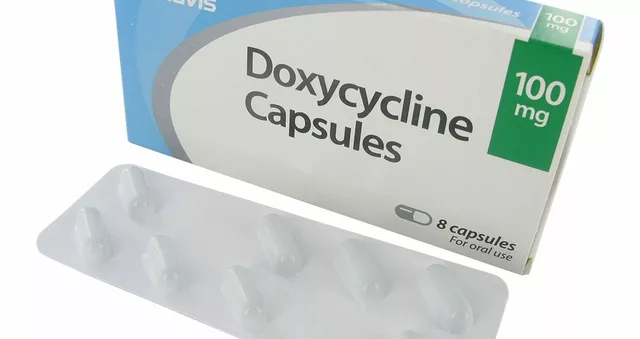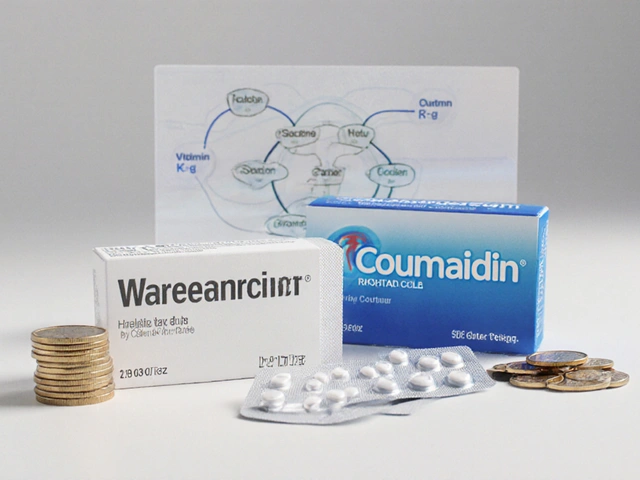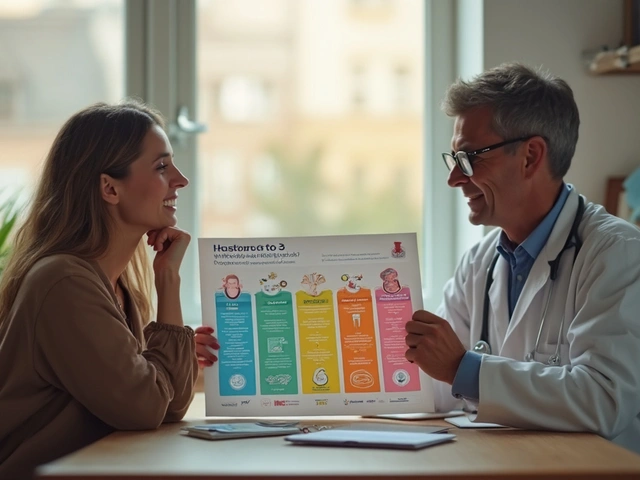Acyclovir: what it treats and how to use it safely
Acyclovir is a common antiviral used for herpes infections — cold sores, genital herpes, shingles, and chickenpox. It won’t cure the virus, but it shortens outbreaks, reduces pain, and can prevent recurrences when used as prescribed. Below you’ll find clear, practical info on when to take it, typical doses, side effects to watch for, and safe-use tips so you get the best result with the least risk.
How acyclovir works
Acyclovir stops virus cells from copying their DNA. That slows or stops the infection’s spread in your body. It works best when you start early — as soon as you feel tingling or see the first blister. If you wait until the sore is fully formed, it still helps, but not as much.
Common doses and practical tips
Standard oral doses vary by condition. For a first genital herpes episode a common option is 200 mg five times daily or 400 mg three times daily for 7–10 days. For recurrent outbreaks, 200 mg five times daily or 400 mg three times daily for 5 days often works. For shingles or adult chickenpox, doctors commonly prescribe 800 mg five times daily for 7–10 days. Severe cases may need IV acyclovir in hospital (dosing depends on body weight and kidney function).
For suppressive (long-term) therapy to cut down recurrences, typical dosing can be 400 mg twice daily, but your doctor will pick the best dose for you. Always follow the exact schedule — missing doses lowers effectiveness.
Simple tips: start treatment at the first sign of symptoms, drink plenty of water while on acyclovir to reduce kidney strain, and take pills evenly spaced during the day. If you have trouble remembering doses, set alarms or use a pill box.
Side effects are usually mild: nausea, headache, diarrhea, and tiredness are most common. Less common but important: kidney problems (crystalluria) and confusion, especially in older adults or people with poor kidney function. If you notice reduced urine, severe dizziness, or strange mental changes, seek medical help.
Drug interactions: probenecid can raise acyclovir levels. Combining acyclovir with other kidney-stressing drugs increases risk of kidney issues. Tell your prescriber about all medicines and supplements you take.
Topical acyclovir cream can help cold sores but is less effective than oral pills for many infections. Pregnant people sometimes need acyclovir for genital herpes — doctors weigh the benefits and risks, so contact your healthcare provider before starting or stopping treatment.
Final practical note: acyclovir is prescription-only in many countries. Use a licensed pharmacy and talk to your provider about dosing adjustments if you have kidney disease. If you have questions about side effects or long-term use, ask your prescriber — they can tailor treatment to your situation.
Top Alternatives to Valtrex for Herpes Treatment in 2024
Explore the top alternatives to Valtrex for herpes treatment in 2024. This article delves into five effective medications, detailing their benefits and drawbacks. Understand the pros and cons of Acyclovir, Famciclovir, Penciclovir, Docosanol, and Lidocaine to make informed choices about managing herpes infections. By exploring these options, you can find a suitable treatment plan that aligns with your needs and lifestyle.
About
Medications
Latest Posts


When to take cefixime: understanding the best time for antibiotic treatment
By Marcel Kornblum Apr 27, 2023

Buy Cheap Generic Warfarin Online - Affordable Anticoagulant Guide 2025
By Marcel Kornblum Oct 1, 2025

How to Reduce the Risk of Deep Vein Thrombosis During Long Flights
By Marcel Kornblum May 12, 2023

